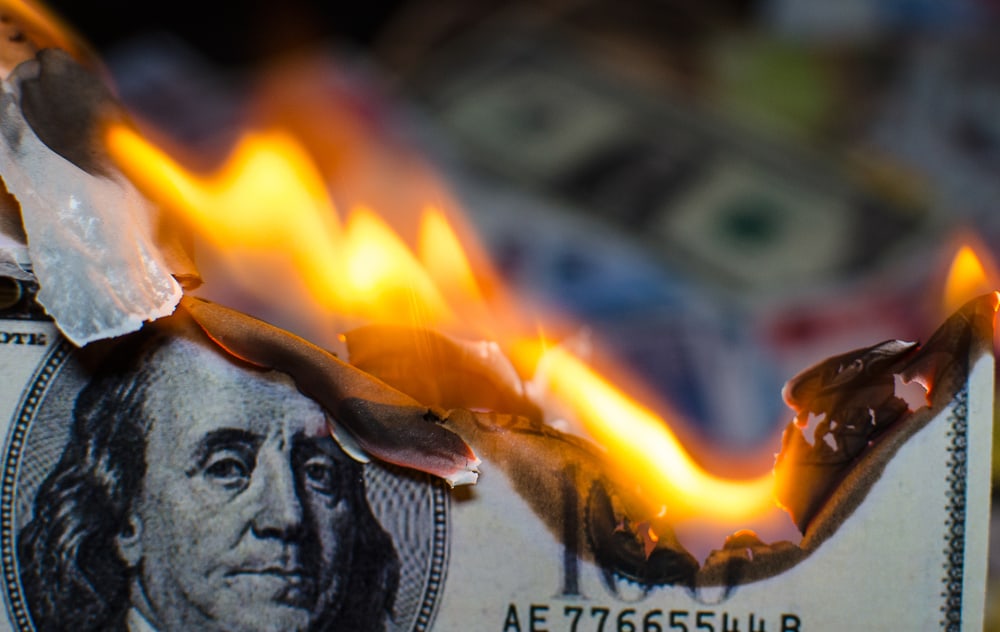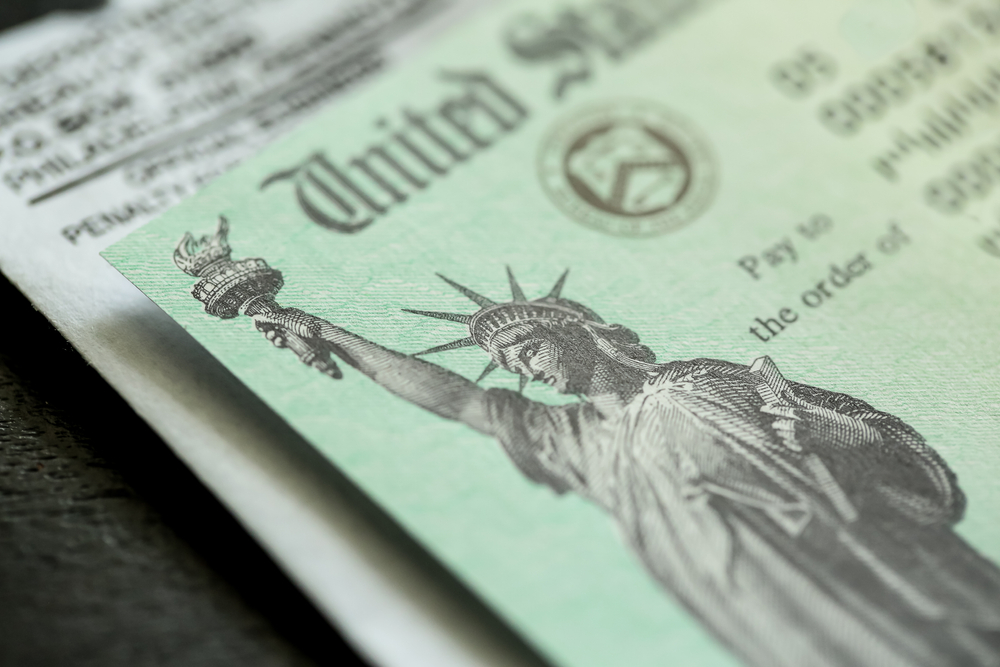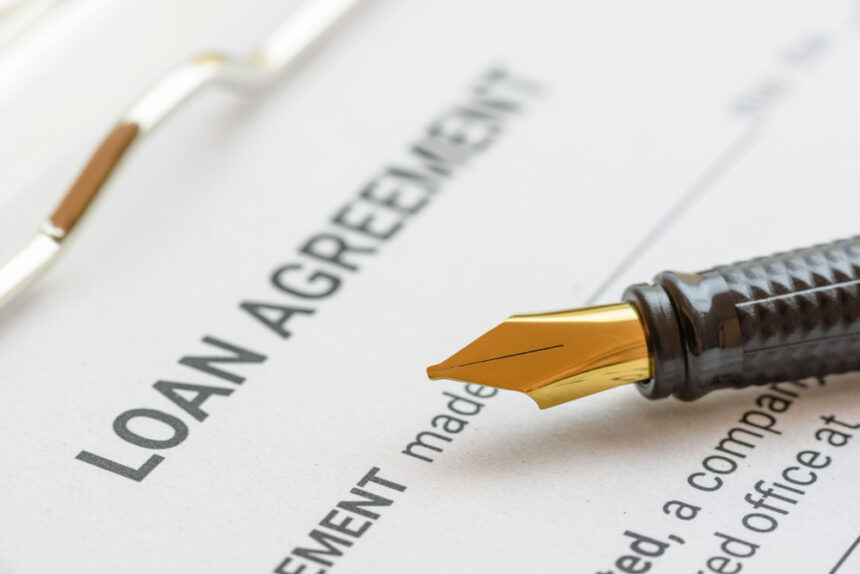Will the U.S dollar value drop in the next few years?
It is not a secret for anyone that the U.S dollar is one of the strongest currencies in the world. Historically, there have been times of ups and downs regarding the value of the dollar, which is mostly determined by the interest rates set by the Federal Reserve.
Of course, the U.S dollar index compares our national currency to other strong currencies in the world, such as the euro or the pound. This creates a perception of how weak or how strong our currency is at this very moment, influenced, as we said before, by Federal Reserve policies, interest rates of other currencies, and general perception of the U.S government bonds in recent years.
However, the pandemic created a big economical impact on our country, which forced us to analyze whether or not we are going to face a high inflation scenario in 2021. Fortunately, after the US government elections, the US political risks considerably decreased.
Besides, the vaccine is being successfully administered in the entire country, so we can hope to experience a big economic growth in the next few months. Either way, we are going to analyze the inflation forecast for the next 5 years so we can have a bigger understatement of what’s really happening with our beloved dollar.
What’s the U.S inflation rate forecast for 2021?
The health crisis isn’t over yet. There are still many factors that are directly affecting the U.S economy, but, as we said before, this year the recovery is expected to run smoothly. Nonetheless, the different forecasts of the U.S dollar value may be a little distant from each other.
Some experts are expecting more pain ahead, mostly caused by government debt and protectionist policies enforced by former president Trump, which created tensions with China. Even though the economy seems to be back on track, we still need to analyze the results of the vaccines and the job market in the country.
This is why big firms such as Goldman Sachs warn that the U.S dollar is, at this very moment, overvalued. This means that even with all the problems that our country experienced in 2020, the value “didn’t drop as much as it should have, and will have at least a 9 percent fall over the next 12 months”, according to this investment group.
All these predictions are combined and carefully analyzed by different agencies. That being said, the expected inflation range for 2021 is 2.2 percent. This is a little more than the 2020s 1.6%, but we still need to see how the pandemic is coming to its end this year (or not).
It is important to mention that this 2.2% represents the Core inflation, which totally excludes the costs of energy and food.
What to expect regarding the U.S dollar value
It is safe to say that the global inflation forecast might be a lot worse than the one expected in the United States. With gold prices struggling lately and cryptocurrency values on the rise, economists are facing a strange situation that they need to comprehend to its fullest. Obviously, the Fed is not going to talk about the changes in the opinion of policymakers after the dramatic rise (and fall) of certain stocks, such as GameStop.
The main goal of the Federal Reserve is to keep the interest rate near zero until we see the inflation “back on track”, at least compared to what we might experience according to a moderate excess. The job market will approach a maximum employment range, which is kind of the promise made to keep these rates relatively low in 2021 and all the years to come.
Jerome Powell, Fed Chair member, expresses that patience is key when it comes to determining the real U.S dollar value in the months to come. The plan is clear and it’s aiming to stabilize an economy that was hardly affected due to the coronavirus, not only in the U.S, but all over the world.
Education is the key to overcome economic crises
Evendentelly, inflation is something that we, the people, see as a harmful factor for our pockets. However, the Fed has historically considered inflation as something good for the economy because it represents a growth in the general economy while helping the central bank act in time during the next crisis to come.
Yes, we are going to see some volatile prints on inflation coming up, but it all depends on how the market is really going to react to the circumstances at the moment. It’s a cyclical process that has happened before and that will happen (maybe) forever.
The best advantage that we can have is to be financially educated regarding currency issues. The understatement of what we can expect for the future will give us a bigger picture of how to react and how to protect ourselves.
For example, right now, the interest rates for loans are at their lowest. So, it is a pretty good time to borrow money since it’s cheaper than in other periods of the economy. And due to inflation, paying off debt it’s even easier, since what you borrow today will have less value at the end of the year.
Therefore, requesting a loan to fix your house, get the car you want or to pay other debts would be a smart move.





